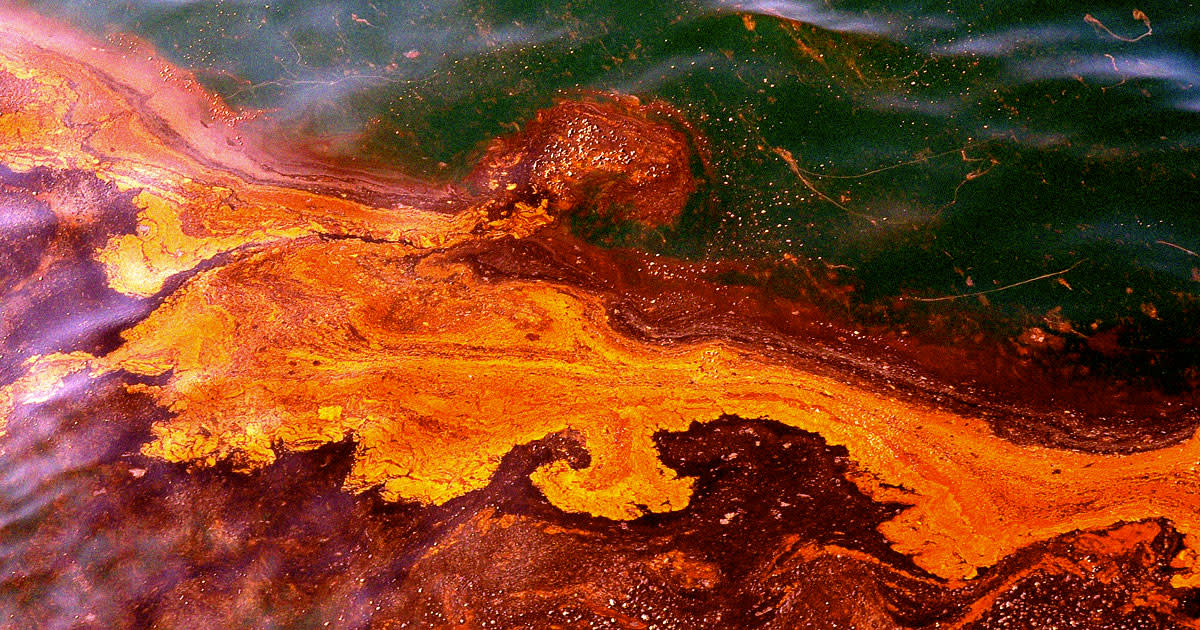Scientists Seeking Permit to Dump Chemical Into Ocean in Experiment to Fight Climate Change

Show Me the Lye
Researchers at the Woods Hole Oceanographic Institution want to dump 6,600 gallons of sodium hydroxide, otherwise known as caustic soda or lye, into the ocean off the coast of Cape Cod in an effort to slow climate change.
The unusual plan will likely face significant headwinds, not just from US regulators but from local fishing communities and environmentalists as well, as local news station WBUR reports.
The idea is deceptively simple: by diluting extremely basic chemicals in the waters, they're looking to increase the ocean's ability to absorb carbon dioxide from the air above, a process known as ocean alkalinity enhancement (OAE).
It's just one of several geoengineering efforts aimed at slowing the advancement of climate change, but whether these efforts will pay off in the long run remains to be seen — and critics remain skeptical and concerned about the possible risks involved.
Acid Test
The team of Woods Hole researchers maintains that the sodium hydroxide won't have any lasting negative effects on marine life.
"We care about the environment, too," co-principal investigator and recently retired Woods Hole scientist Dan McCorkle told WBUR. "We wouldn't be doing this if we thought there was going to be a big impact [on marine life]."
Other geoengineering efforts by other teams but also aimed at combating climate change include releasing aerosolized particles in the stratosphere to essentially dim the Sun.
OAE on the other hand aims to slow down the oceans' waning ability to absorb human-induced CO2 emissions. When the gas is dissolved in seawater, the resulting carbonic acid causes the ocean's acidity to increase, which can have devastating impacts on marine life.
The added sodium hydroxide is meant to reverse this process, or at least mitigate it.
McCorkle and his colleagues recently applied for a federal permit with the Environmental Protection Agency for their experiment off the coast of Cape Cod and are eventually hopping to scale up for a larger trial in the Gulf of Maine sometime next year.
The team is adamant that we must act now before it's too late.
"Given our seeming inability or unwillingness to rapidly shift away from fossil fuel burning, which we absolutely have to do, it may be important to start studying whether any of these methods really are going to be helpful," McCorkle told WBUR, "whether they're going to help get carbon out of the atmosphere."
The opposition to their plan, however, is already building, with the Massachusetts Lobstermen’s Association arguing in a recent letter to the EPA that more work needs to be done "before truckloads of liquid alkaline can be dumped in the ocean."
More on geoengineering: Oops! Geoengineering Trick to Cool Brutal Heat Could Spike Temperature Elsewhere, Scientists Say

